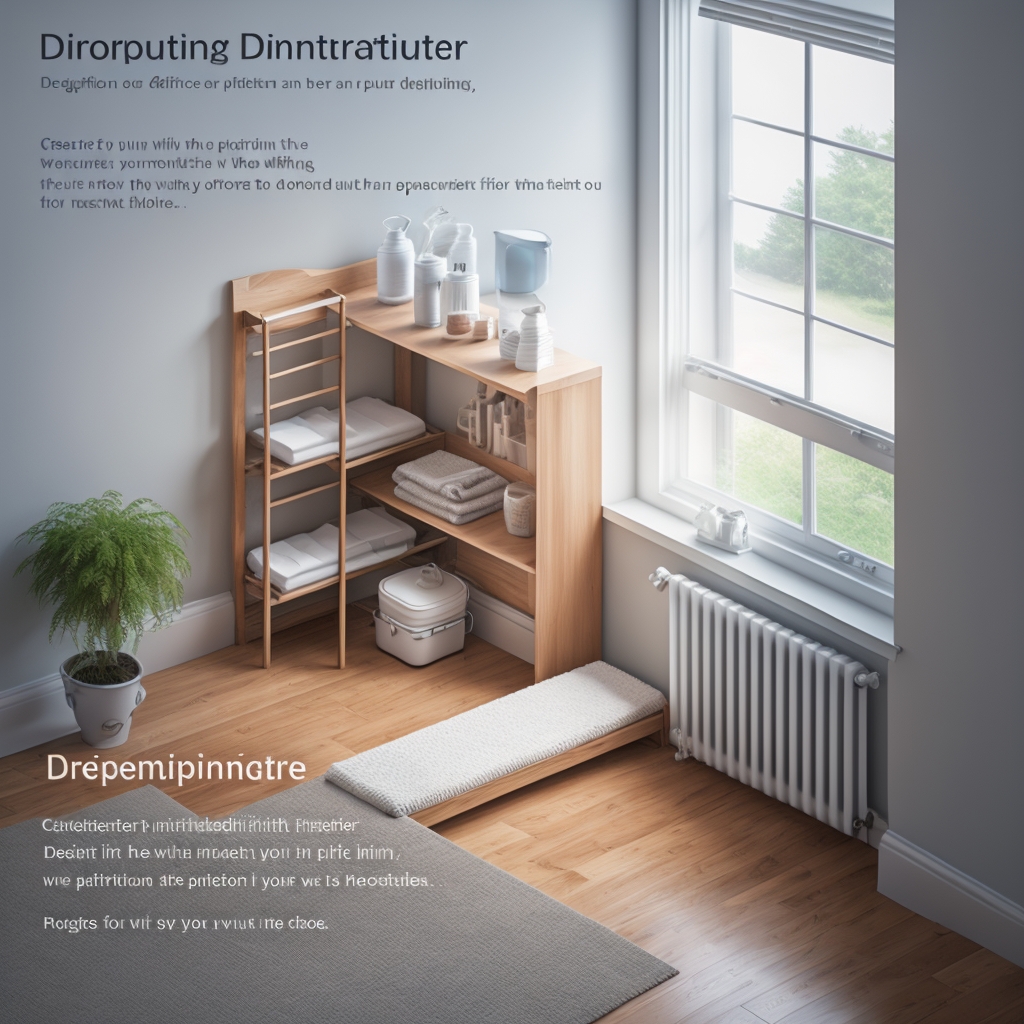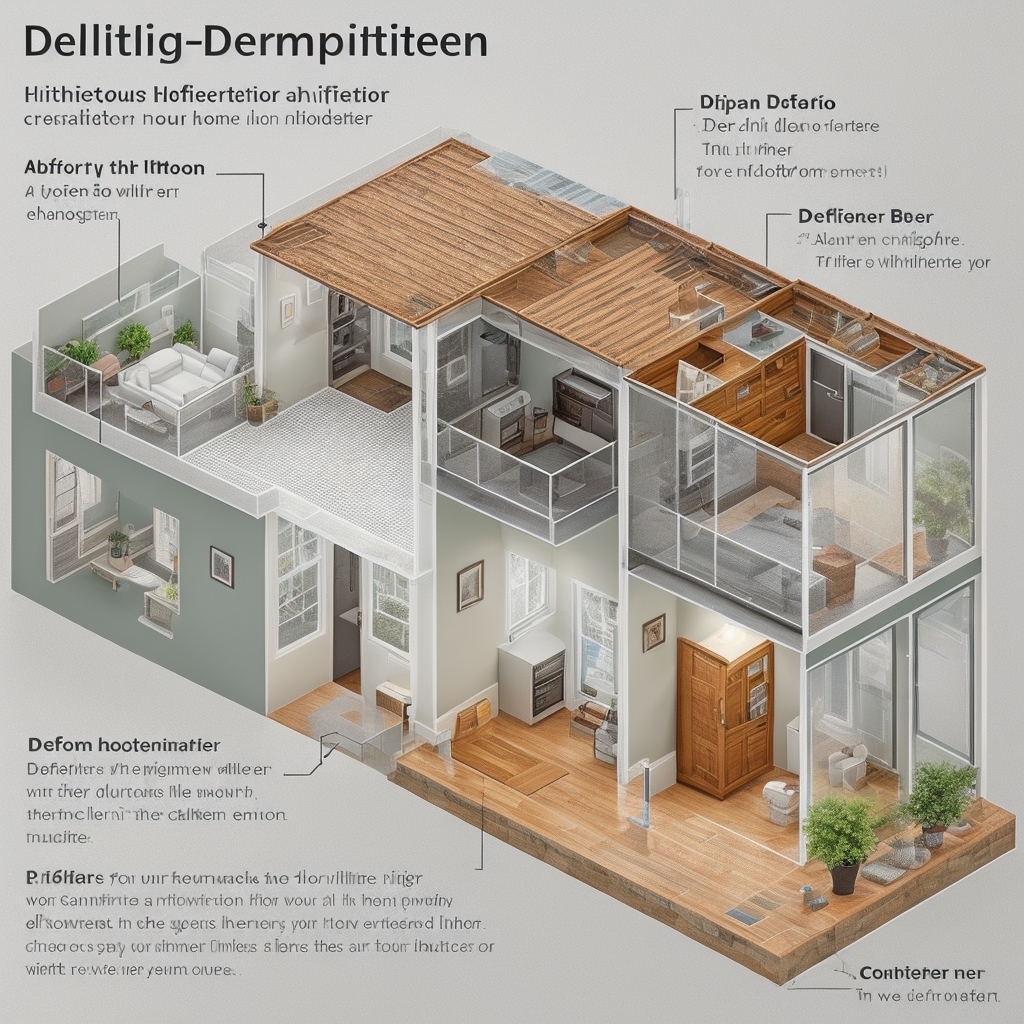Discover the Ideal Spot for Your Dehumidifier: Upstairs or Downstairs?

Upon acquiring a dehumidifier, the primary concern that baffles most individuals is, “what’s the optimal location for my dehumidifier?” It’s a valid consideration as the placement significantly influences the appliance’s performance and efficiency. As such, the decision of where to position the dehumidifier hinges on your decision of which floor to put it on, either upstairs or downstairs. However, certain aspects might influence your decision on the matter. If you are grappling with the dilemma of where to set up your dehumidifier, read and glean insight from the following guiding considerations.
1) Assess the Floor with the Highest Moisture Content: It’s widely discerned by experts that the materials on the ground floor tend to absorb moisture far more readily due to heat dynamics where heat rises making the upper floors warmer hence air-drying them. Therefore, positioning the dehumidifier downstairs is an ideal choice if your purpose is to capture maximum moisture. The main source of moisture should be the priority, regardless of the fact that humid air is lighter than dry air. If you aim to control the moisture in specific rooms like the living room or bedroom, upstairs would be the better choice. If the humidity indicators show the basement to be excessively humid, place the dehumidifier there. For efficient drying, particularly for rooms affected by leaking or water damages, place the dehumidifier directly in the affected area. The basement is usually the most common starting point due to its tendency to harbor high humidity levels.
2) Review Areas Offering Optimal Air Circulation: Another factor to consider while placing your dehumidifier is the air circulation in the area. Good air circulation ensures the dehumidifier pulls sufficient air from the surroundings. The device might work slower if the air circulation is poor. Therefore, situate the dehumidifier in areas with open doors and windows to foster better air circulation. When lacking such openings, employing a fan may help significantly.
3) Access to Power Source: The location you decide on should have an easy reach to a power supply. You don’t want to keep moving your dehumidifier every time you need to plug or unplug it. In high traffic, high humidity areas with no immediate access to an outlet such as the kitchen, an extension cable will come in handy.
4) Determine the Need for Air Purification: If you wish to purify air across your entire home, place multiple dehumidifiers on each floor ensuring that all rooms receive equal attention. However, if one area has cleaner air but could still benefit from purified air, consider setting up dehumidifiers in both locations. Alternatively, creating a split-level system with separate units operating independently could also be an option.
5) Consider the Floor’s Temperature: You wouldn’t want to place your dehumidifier in hot areas as it can strain the device and consume more energy. A cooler area is preferable. Keep in mind, positioning in high-traffic areas may increase the temperature in the area.
6) Personal Preference: Some homeowners opt for whole-house dehumidifiers to ensure all areas of the house are attended to and reduce the risk of moisture accumulation. Others prefer individual units to control each room as per its requirement. Regardless of the number of units you choose, opt for a device with an integrated humidistat for personalized control and the ability to monitor home humidity levels.
Regardless of your individual preference, it may be beneficial to invest in an additional unit or a whole-house dehumidifier for larger homes. Check your humidistat regularly to ensure no leaks are present, which could lead to long-term issues if not addressed promptly.
Moreover, the debate on whether a whole-house dehumidifier or individual units for each room are more appropriate is subjective, resting on personal preferences. Some homeowners derive more satisfaction from whole-house units because they reduce the risk of any room being excessively humid, while others prefer single room units for personalized control.
